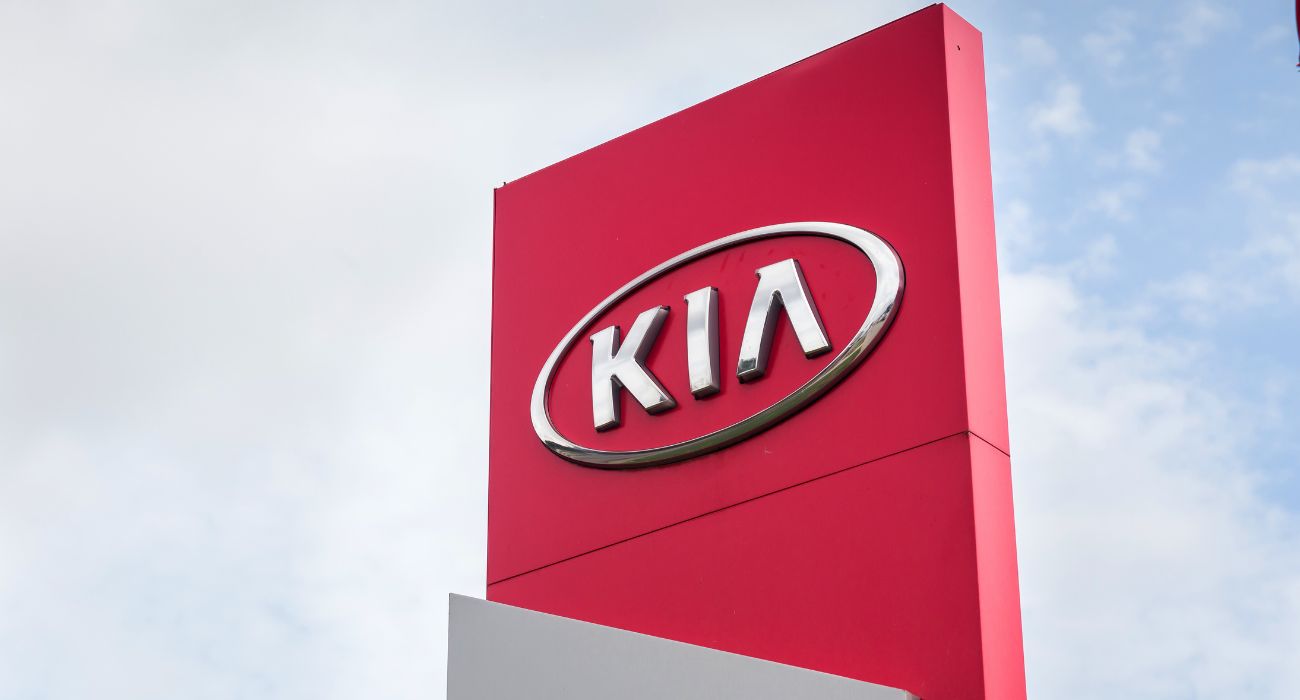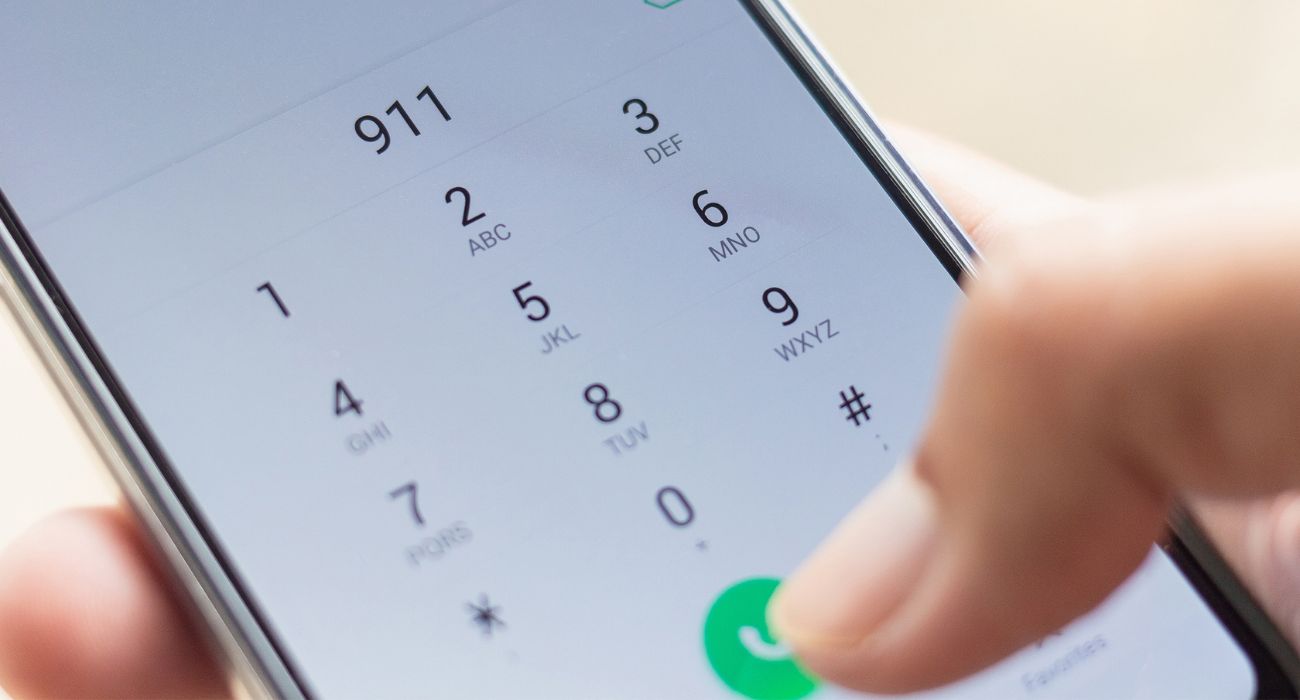Owners of certain Kia and Hyundai vehicles will benefit from a $200 million settlement reached in a class-action lawsuit last Thursday.
A press release from law firms representing the plaintiffs in the lawsuit claimed on May 18 that a settlement had been reached that will be directed to the estimated 4.5 million Hyundai and 4.5 million Kia owners suffering losses from car theft.
Allegations that both carmakers failed to properly equip certain models with adequate security devices to prevent them from being stolen have been swirling for months, as The Dallas Express previously reported.
A viral TikTok challenge exposed how vulnerable models created between 2010 and 2021 were to theft using mechanical keys.
@tommyg.usa Kia Boy Shows how to Steal a Car
It isn’t just those who had their cars stolen that suffered from this hack. Several TikTok users posted videos showing how thieves tried to steal their vehicles but only managed to cause damage.
@tee.nija This is nottttt okayyyy‼️‼️‼️ #kia #challenge #breakin #trending #payattention #besafe #viral #tiktok #kia #kiasportage2018 #fyp #foryoupage #mechanic #stoptheloop #steal
@fari_negasi
@carliecass RIP Optimus 🥲 ill miss you boy #peoplesuck
Los Angeles police logged an 85% year-over-year increase in Hyundai and Kia cars stolen in 2022 alone.
Lawmakers have even attempted to get federal authorities to issue a recall over the absence of anti-theft features and the threat to public safety that it entails, as The Dallas Express reported.
A letter penned by California Attorney General Rob Bonta and addressed to the National Highway Traffic Safety Administration (NHTSA) attributed eight deaths and numerous injuries to this issue.
The class-action lawsuit represented in court by attorneys from Hagens Berman, Baron & Budd, Fegan Scott and Humphrey, and Farrington & McClain alleged that Kia and Hyundai were liable for failing to install their cars with anti-theft devices such as an immobilizer.
Steve Berman, chair of the lead committee and managing partner at Hagens Berman, noted that the owners who were victims of theft would be the first to benefit from the settlement.
“The owners of these cars have experienced enough,” Berman explained in the press release.
The legal team’s goal “was to leave no one in the dark,” as Berman said, so other owners of these vehicles will be eligible to receive either a software upgrade or a payout.
A software update has actually been available since February but has been rolled out very slowly in the absence of an NHTSA recall notice, according to NBC 5.
According to the press release, these are the following models eligible for a free software upgrade.
Hyundai
- 2018-2022 Accent
- 2011-2022 Elantra
- 2013-2020 Elantra GT
- 2018-2022 Kona
- 2013-2022 Santa Fe
- 2013-2018 Santa Fe Sport
- 2019 Santa Fe XL
- 2011-2019 Sonata
- 2011-2022 Tucson
- 2012-2017, 2019-2021 Veloster
- 2020-2021 Venue
- 2013-2014 Genesis Coupe
- 2020-2021 Palisade
Kia
- 2011-2022 Kia Sportage
- 2011-2022 Kia Sorento
- 2021-2022 Kia K5
- 2011-2021 Kia Sedona
- 2014-2021 Kia Forte
- 2012-2021 Kia Rio
- 2021-2022 Kia Seltos
- 2011-2020 Kia Optima
- 2020-2022 Kia Soul
A payment of up to $300 will be given to the owners of vehicles that are not eligible for this upgrade for the installation of other anti-theft equipment, such as an alarm or a steering wheel lock.
The settlement still needs to be approved by the judge before taking effect. Updates on the case will be provided here.
For more information, Kia owners can look up their VIN here and Hyundai owners can do so here.






